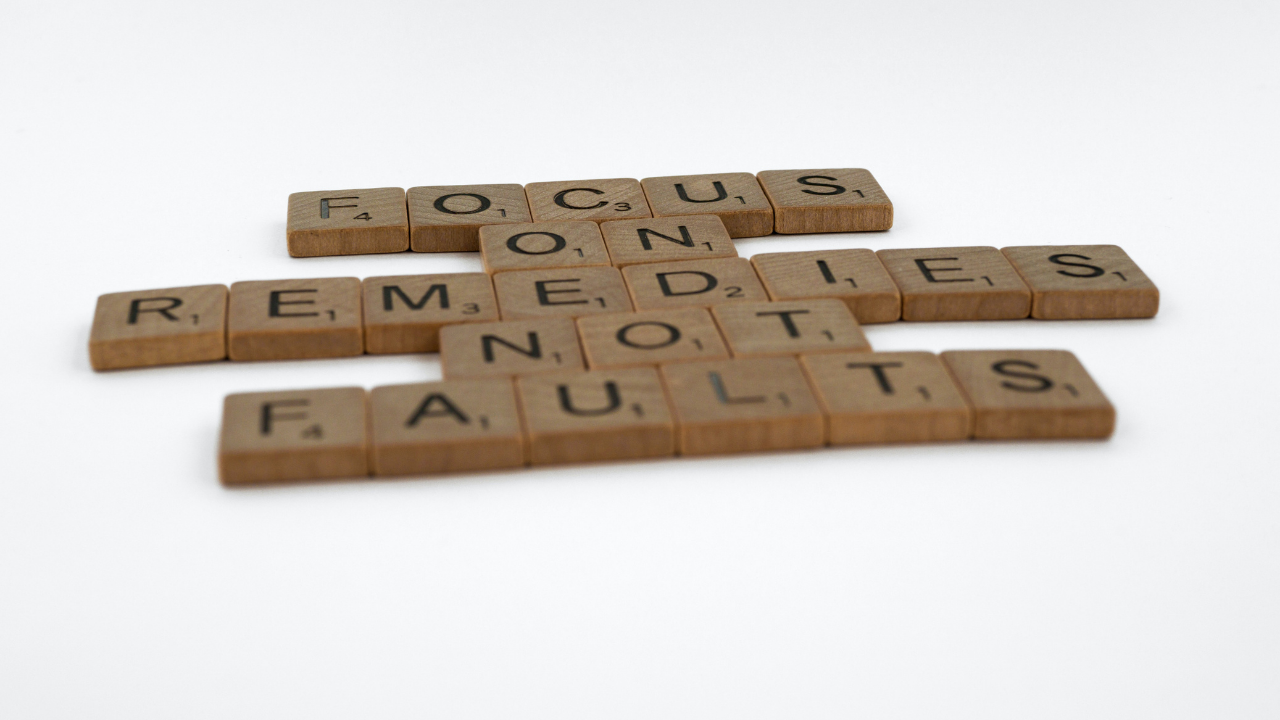It's not your fault...
Apr 18, 2022
I think there's a distinction between an affront not being your fault and it not being your responsibility.
Most of us don't intend to cause harm through our words and deeds (at least most of the time).
However, between intention impact, there lies interpretation, and therein lies the rub (and an opportunity for bridging the gap).
When your words or deeds unintentionally or unexpectedly do cause harm, you have a choice.
You can argue, "It's not my fault" because harm wasn't your conscious motivation or intention (which likely won't help make things better).
OR
You can take responsibility for your words and deeds, make the empathetic leap to recognize their impact, express your regret, and try to set things right (which likely WILL make things better).
Apologies aren't always simply admonitions of guilt.
"I'm sorry" is often simply an acknowledgment that you're psychologically mature enough to embrace the vagaries of human connection and emotionally advanced enough to engage in navigating toward mutual understanding and respect.
Most of us are doing the best we can, and we're ALL works in progress.
Having the humility to hold space for consideration of what others are experiencing when colliding with our articulations and actions creates space for grace for everyone involved.
What happens if the next time you're on the giving end of a misunderstanding, you respond with curiosity and compassion rather than react with certainty and righteousness?
Scott Perry, Chief Difference-Maker at Creative on Purpose.
If this resonates, please share it with a friend!

